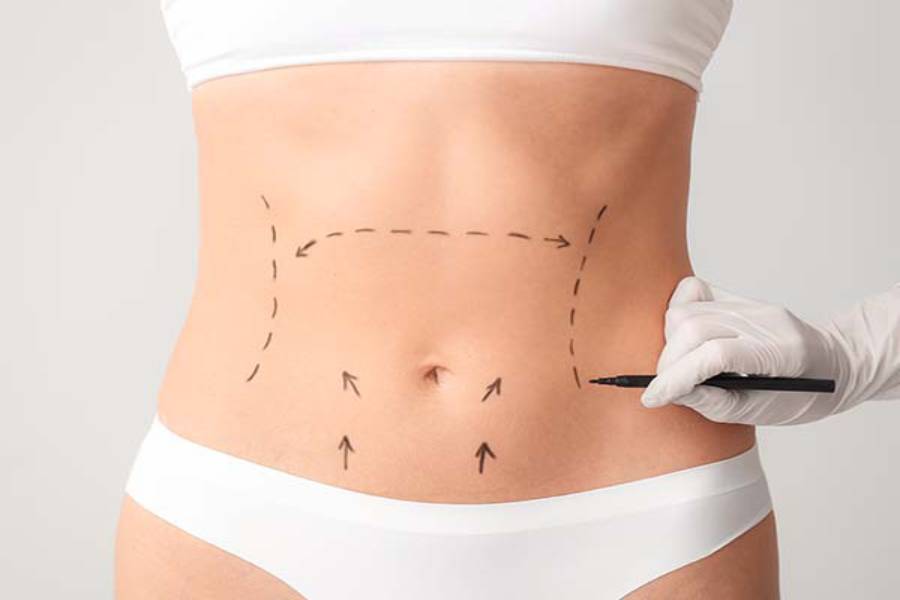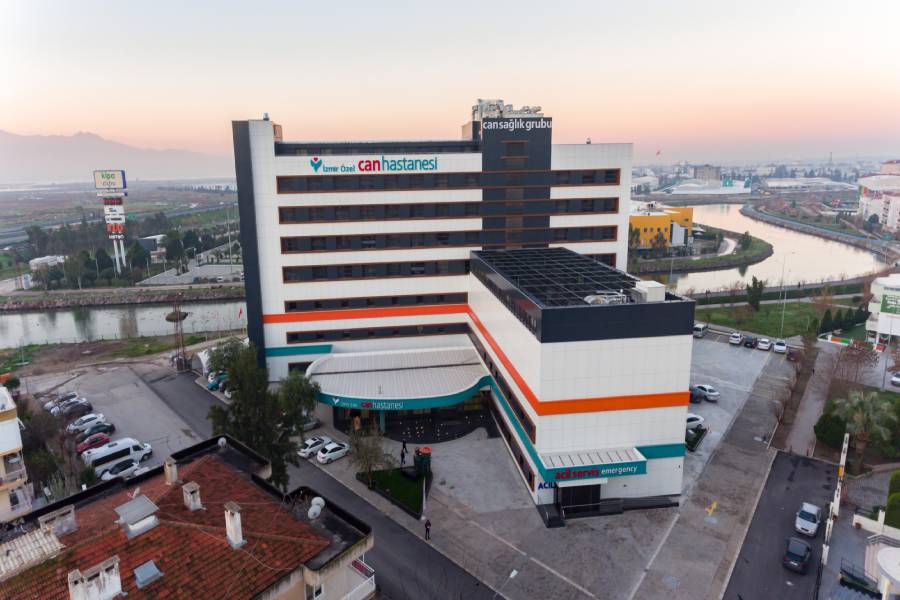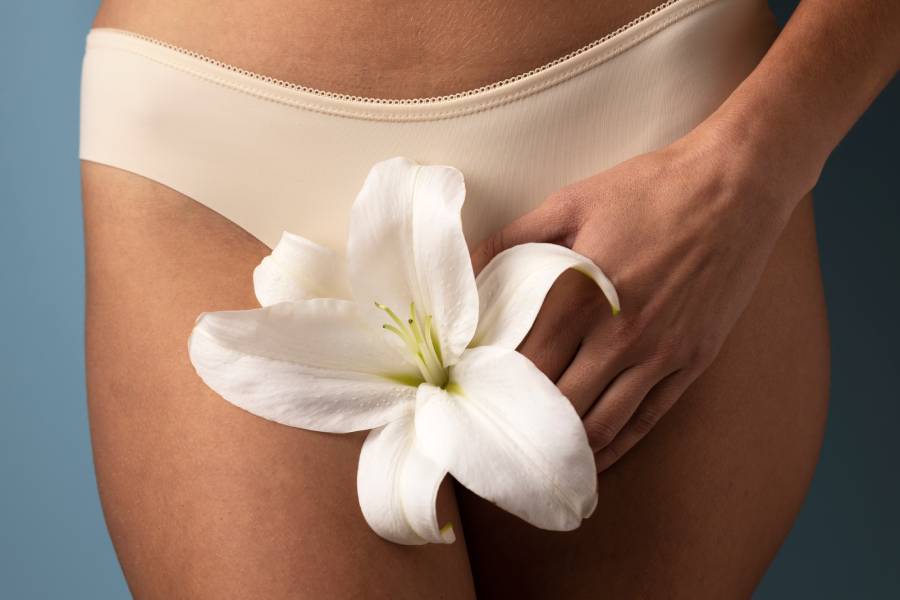How to Sleep After a Tummy Tuck?
Categorised in: Genel, HEALTH GUIDE
Published Date:
Recovering from a tummy tuck, also known as abdominoplasty, needs careful attention. This is especially true when it comes to getting comfortable sleep. Proper sleep is key for a successful recovery, helping your body heal and avoiding complications.
To ensure a safe and comfortable recovery, follow your surgeon’s guidelines. They will tell you about the best sleeping positions and how to care for your incisions.
Understanding the Importance of Proper Sleep After Tummy Tuck Surgery
Getting enough sleep is key for a smooth recovery after a tummy tuck. Sleep helps the body repair tissues and heal, which is vital for the best results. Patients at Can Hospital in Izmir, Turkey, get clear instructions on sleep habits for recovery.
Proper sleep positions are crucial to reduce swelling, pain, and strain on the incision. By using the right sleeping positions, patients support their body and help the healing process. The team at Can Hospital in Izmir guides patients on the best sleeping positions for recovery.
Sleep also helps manage pain and discomfort from the surgery. A well-rested body can handle recovery better, making it more comfortable. By focusing on sleep and following the care instructions from Can Hospital in Izmir, patients can improve their recovery and get the best results from their tummy tuck in Turkey.
Preparing Your Sleeping Environment for Optimal Comfort
After a tummy tuck, it’s key to make your sleep area comfy and supportive. A good mattress is crucial. It should keep your spine straight to ease pressure on your incision and body. Memory foam or hybrid mattresses are great because they mold to your body and offer even support.
Pillows are also very important for sleeping after a tummy tuck. They help you stay in a comfy position and ease pressure on your belly. Use a pillow under your knees to lessen tension on your incision and lower back. A body pillow or U-shaped pregnancy pillow can also help by supporting your sides and stopping you from sleeping on your stomach.
Room temperature is another thing to think about. A cool room helps you sleep better and keeps your incision from getting irritated. Try to keep your room between 60°F and 67°F (15°C to 19°C). If you get cold, use a light blanket instead of turning up the heat to avoid sweating too much.
If you had a tummy tuck in Izmir, Turkey, listen to your surgeon’s advice on sleep. They might have special tips for you based on your surgery. A comfy and supportive sleep area can help you recover faster and get the best results from your surgery.

Positioning Yourself for Comfortable and Safe Sleep
After a tummy tuck, sleeping in the right position is key. Sleeping on your back is best. It reduces pressure on the incision and improves blood flow.
Keeping your upper body slightly up helps too. This can lower swelling and discomfort.
Using a recliner or adjustable bed helps keep the right position. These beds support your back and belly well. Recliners are great at first because they make getting out of bed easier.
Pillows are also crucial for a good night’s sleep after a tummy tuck. Place them under your knees, behind your back, and on both sides. This keeps you in the right position and relieves pressure.
If you’re thinking about plastic surgery in Turkey, your surgeon will guide you. Turkish plastic surgeons are known for their skill and care. They make sure you know how to sleep safely and comfortably.
Managing Pain and Discomfort During Sleep
Recovering from a tummy tuck can be tough, especially at night. Pain and discomfort often get in the way of good sleep. But, there are ways to manage pain and sleep better after surgery.
One key step is taking your pain meds as your surgeon tells you. These meds help ease pain and let you sleep better. Always follow the dosage and timing for the best pain relief.
Using ice packs on the surgery area can also help a lot. Cold therapy reduces swelling and numbs pain. Just put a cloth between the ice and your skin and use it for short times as your surgeon says.
Wearing compression garments is also important for comfort. These garments support the belly area, reducing swelling and pain. Wear them as your surgeon advises, especially when sleeping, to help with healing and pain.
By using pain meds, ice packs, and compression garments, you can manage pain and sleep better. Listen to your body and follow your surgeon’s advice closely. If pain is severe and keeps you awake, don’t hesitate to ask for help.
Adjusting Your Sleep Schedule After a Tummy Tuck
After a tummy tuck, your body needs rest to heal. You might sleep more than usual because your body is repairing itself. This is normal and helps your body heal better.
Short naps can help you feel refreshed during the day. They let you keep a regular bedtime at night. But, don’t nap too long or too close to bedtime. It can make it hard to fall asleep later.
As you get better, start doing more activities and try to sleep like you used to. Your surgeon will help you with this. They’ll give you advice based on how you’re healing. This way, you can get back to your normal routine while your body keeps healing.
Tips for Getting In and Out of Bed Safely
After a tummy tuck, it’s important to be careful when getting in and out of bed. This helps avoid putting too much pressure on the incision and aids in healing. The log roll technique is a good way to do this. It involves rolling onto your side before sitting up, which spreads out the weight and reduces pressure on the surgery area.
Having someone to support you can also be very helpful. A strong bedside table or a loved one can offer the stability and support you need. This extra help can prevent accidents and help you heal faster.
Always follow your surgeon’s advice on how to move in and out of bed safely. The instructions will depend on your surgery and personal needs. By following these guidelines, you can avoid problems, heal properly, and get the best results from your tummy tuck.
When to Contact Your Surgeon About Sleep-Related Concerns
Some discomfort and sleep issues are normal after a tummy tuck. But, if you have too much pain that meds can’t fix, call your surgeon right away. This might mean you have a problem that needs quick help.
If you can’t sleep well for weeks after surgery, talk to your surgeon. They might change your pain meds or give tips to sleep better. Sometimes, they’ll send you to a sleep expert to help.
Going to all your follow-up visits is key to check on your healing. Your surgeon can adjust your care plan and make sure you’re recovering well. If you have sleep or recovery questions between visits, call your surgeon’s office for advice.
Sources;

Why British Citizens Choose Turkey for Health Services?
British citizens are increasingly opting for Turkey when seeking medical treatments due to a combination of superior healthcare services, affordability, […]

Psychological Effects of Genital Aesthetics on Body Image
In a society increasingly focused on physical perfection, the realm of genital aesthetics has surfaced as an area of both […]

Common Concerns About Genital Plastic Surgery
Genital plastic surgery, a burgeoning field within the realm of cosmetic enhancements, has witnessed a notable surge in popularity. Procedures […]

In which cases is labiaplasty necessary?
Labiaplasty, a procedure that has recently garnered significant attention, involves the surgical reduction of the labia minora. This operation, also […]

Healthy Recovery Process After Genital Aesthetic Surgery
Day Things To Do Things to Avoid 1-7 Days – Bed rest – Using medications recommended by the doctor – […]